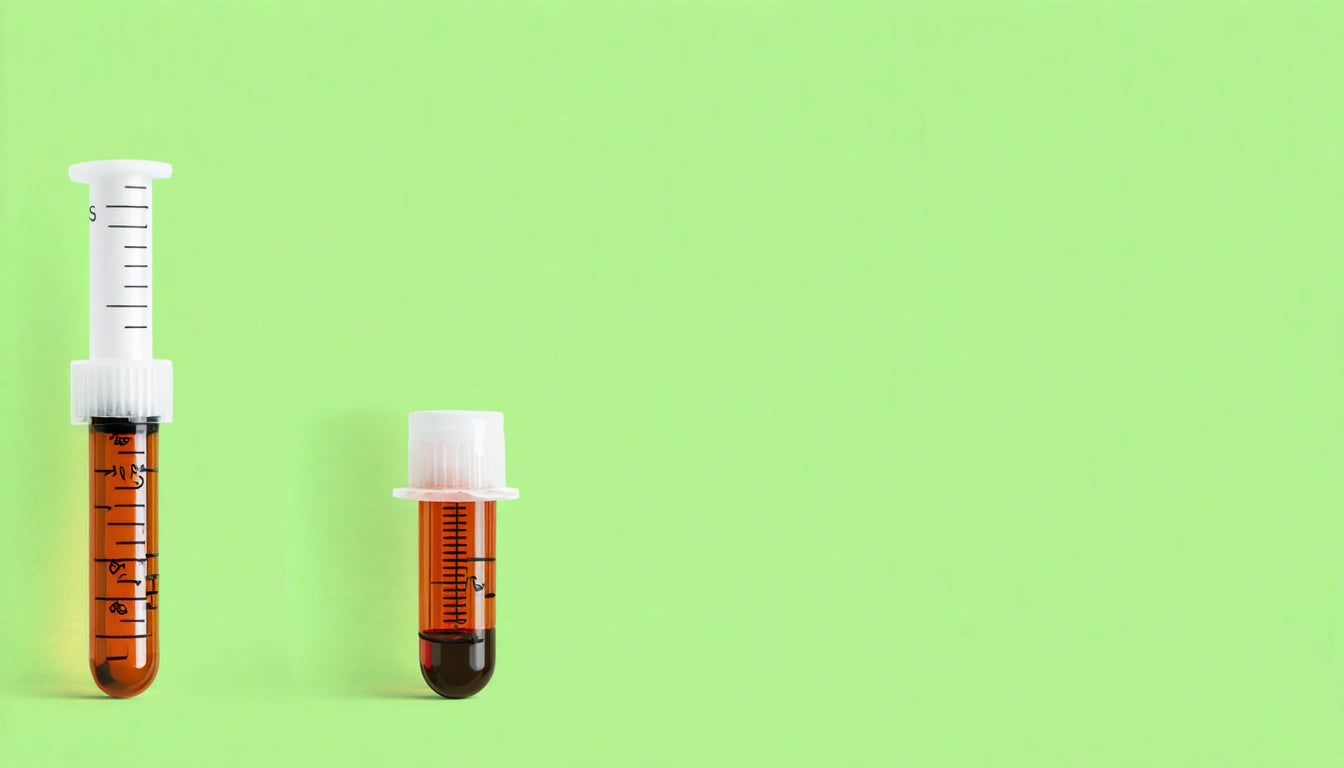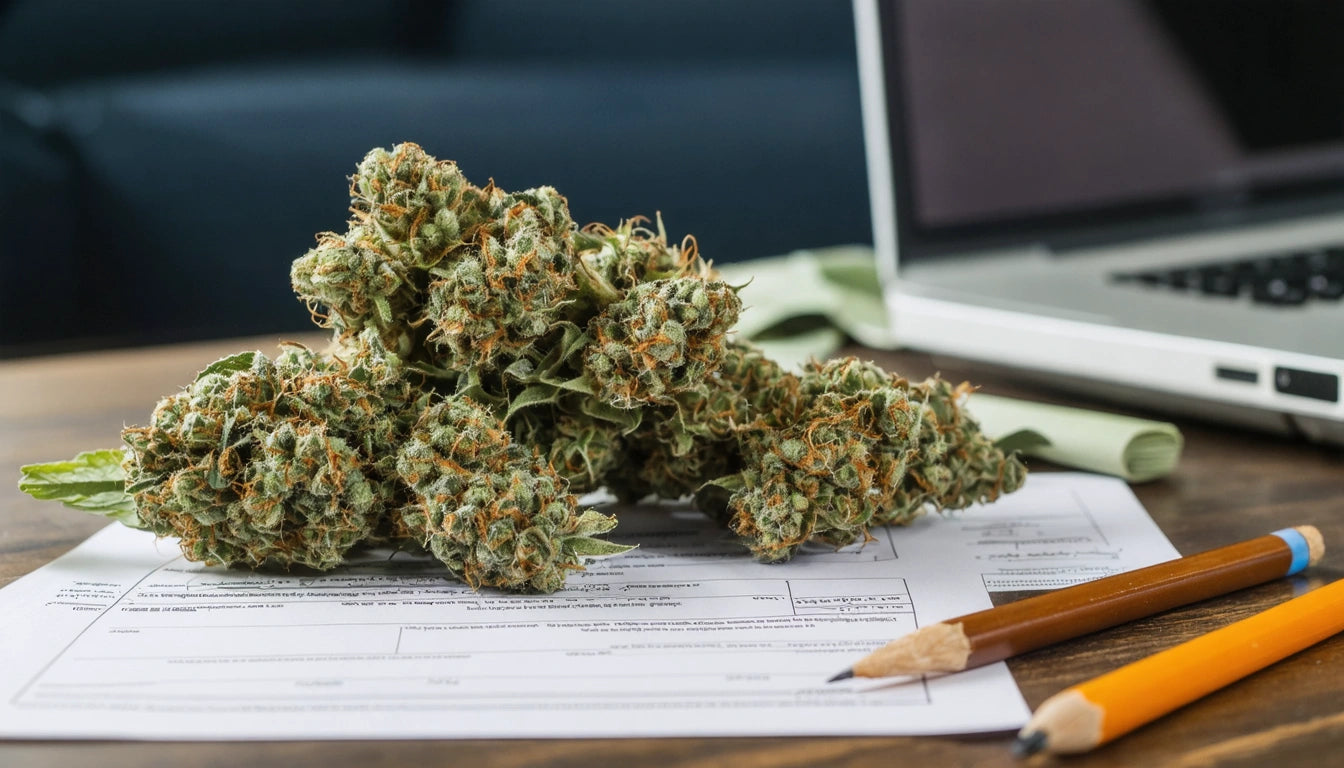Table of Contents
- Marijuana Detection in Blood Tests: What You Need to Know
- THC Detection Window in Blood: Timeline and Factors
- Marijuana Use and Blood Donation: Guidelines and Considerations
- Marijuana's Impact on Medical Blood Tests
- Methods for Clearing THC from Your Bloodstream
- Marijuana and Cardiovascular Health: Addressing Blood Clot Concerns
Does Marijuana Use Affect Blood Tests and Blood Donation?
Understanding how marijuana affects blood tests and blood donation eligibility is increasingly important as cannabis legalization expands nationwide. Whether you're facing an upcoming blood test or considering donating blood, knowing how THC interacts with your bloodstream can help you make informed decisions about timing and potential implications.
Marijuana Detection in Blood Tests: What You Need to Know
Blood tests can indeed detect marijuana use, specifically by measuring levels of THC (tetrahydrocannabinol), the primary psychoactive compound in cannabis. Unlike urine or hair tests, blood tests identify active THC in your system, indicating recent use rather than historical consumption.
When asking "does weed show up in blood work," the answer depends on the specific type of blood test being conducted. Standard medical blood panels ordered by your doctor typically don't screen for THC unless specifically requested. However, specialized toxicology screenings, such as those used for employment, legal cases, or driving under the influence investigations, explicitly test for cannabis compounds.
Types of Blood Tests That Detect Marijuana
- Drug-specific blood screenings
- Forensic toxicology panels
- DUI/DWI blood tests
- Specialized employment screenings
Most routine blood work for medical purposes (complete blood count, metabolic panels, cholesterol screenings) won't detect marijuana use unless specifically ordered with drug testing components.
THC Detection Window in Blood: Timeline and Factors
The detection window for THC in blood is relatively short compared to other testing methods. THC remains detectable in blood for approximately 1-2 days for occasional users and up to 7 days for heavy, chronic users.
Several factors influence how long marijuana stays detectable in your bloodstream:
Factors Affecting THC Blood Detection Time
- Frequency of use (occasional vs. regular)
- Potency of consumed cannabis
- Individual metabolism rates
- Body fat percentage (THC is fat-soluble)
- Hydration levels
For those wondering "how to get weed out of your blood" before a test, it's important to understand that THC clearance occurs naturally through metabolic processes. While staying hydrated and exercising may support general health, no method can significantly accelerate the natural clearance timeline for blood testing.
Marijuana Use and Blood Donation: Guidelines and Considerations
If you're asking "can you give blood if you smoked weed," the good news is that marijuana use alone doesn't disqualify you from donating blood in most circumstances. The American Red Cross and most blood donation centers do not test for THC and don't reject donors solely based on marijuana use.
Blood donation eligibility focuses primarily on ensuring donors are healthy and not impaired at the time of donation. However, there are some important considerations:
Blood Donation Guidelines Related to Cannabis
- You should not be under the influence when donating
- Synthetic cannabinoids (K2/Spice) may result in deferral
- IV drug use (including cannabis) results in permanent deferral
- Local donation center policies may vary slightly
Most importantly, you must be able to provide informed consent and feel well at the time of donation, which means not being actively impaired by any substance, including marijuana.
Marijuana's Impact on Medical Blood Tests
Beyond detection of THC itself, many wonder "does smoking weed affect blood work results" for medical tests. Research suggests marijuana can potentially influence certain blood test results, though the effects are generally modest and temporary.
Some potential impacts include:
- Slightly elevated liver enzymes (ALT, AST)
- Temporary changes in blood glucose levels
- Potential alterations in hormone panels
- Temporary effects on blood pressure readings
If you're concerned about whether to use cannabis before a blood test, it's generally advisable to abstain for 24-48 hours before important medical screenings to minimize any potential interference with results. Always inform your healthcare provider about cannabis use when relevant to your care.
Methods for Clearing THC from Your Bloodstream
For those concerned about an upcoming blood test, understanding how to potentially accelerate THC clearance may be important. While no method guarantees faster elimination, certain approaches may support your body's natural processes.
When we advise customers purchasing precision digital scales for accurately measuring cannabis, we also emphasize that responsible consumption starts with knowing how different amounts affect your system and clearance time.
Supporting Natural THC Elimination
- Maintain good hydration
- Regular exercise (may temporarily increase blood THC levels)
- Healthy diet rich in fiber
- Adequate sleep to support metabolism
- Time is the most reliable factor
It's important to note that detox products marketed to rapidly clear THC have limited scientific support for blood testing specifically, as blood tests measure active THC rather than metabolites.
Marijuana and Cardiovascular Health: Addressing Blood Clot Concerns
A common question is "can weed cause blood clots" or affect cardiovascular health. Research on this topic shows mixed results. While acute marijuana use can temporarily increase heart rate and blood pressure, the relationship between cannabis and blood clot formation is complex.
Current research suggests:
- Short-term marijuana use may temporarily affect blood pressure
- Some studies suggest THC may have both pro-coagulant and anti-coagulant properties
- Individual risk factors play a significant role in determining personal risk
- More research is needed for definitive conclusions
Marijuana's effects on blood pressure can vary based on individual factors, timing, and consumption patterns. Those with existing cardiovascular conditions should consult healthcare providers about potential interactions.
Understanding marijuana's relationship with blood testing and donation helps users make informed decisions about consumption timing relative to medical appointments or donation plans. While cannabis use generally doesn't prevent blood donation or significantly impact most routine blood work, knowing the detection windows and potential influences ensures you can plan accordingly for any situation requiring blood analysis.











Leave a comment
All comments are moderated before being published.
This site is protected by hCaptcha and the hCaptcha Privacy Policy and Terms of Service apply.